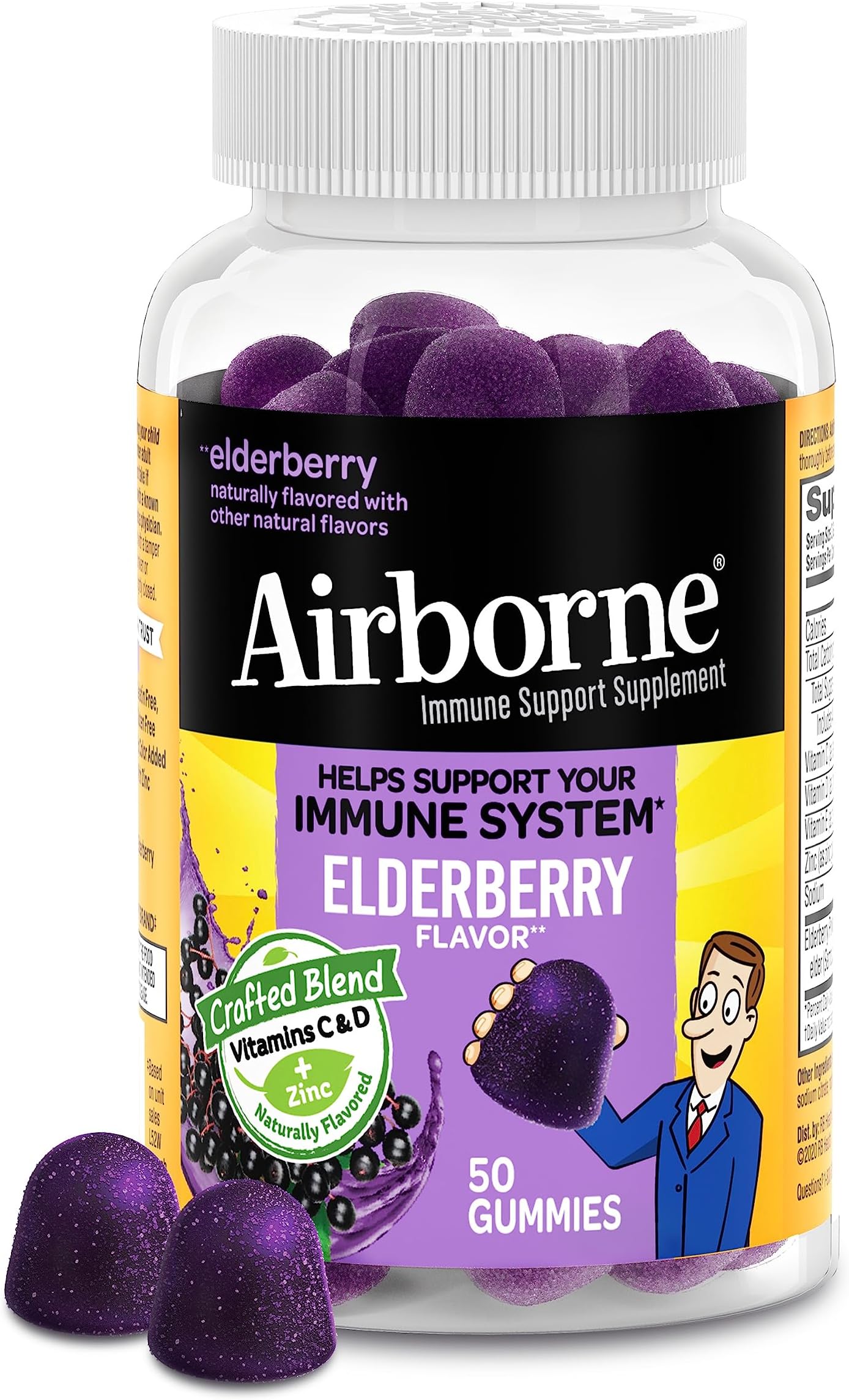Zinc is an essential mineral that plays a pivotal role in children’s growth, immune function, and overall health. As parents are increasingly aware of the importance of adequate nutrition, many are turning to supplements to ensure that their children meet their dietary needs. Among the myriad of supplement options available, zinc gummies and traditional zinc supplements have emerged as popular choices. This article explores the differences between zinc gummies and traditional supplements, assessing their efficacy, palatability, and overall suitability for children.
Understanding Zinc and Its Importance

Zinc is crucial for numerous biological functions, including:
- Immune Function: Zinc is integral to the development and function of immune cells, helping to bolster the body’s defenses against infections.
- Growth and Development: It is essential for cell growth, protein synthesis, and DNA synthesis, making it vital for children during their developmental years.
- Wound Healing: Zinc plays a role in maintaining skin integrity and structure, facilitating the healing of wounds.
- Taste and Smell: It is necessary for proper taste and smell, which can influence appetite and nutrition intake.
Given these vital functions, ensuring that children receive an adequate amount of zinc is crucial for their overall health and well-being.
The Rise of Zinc Gummies
In recent years, zinc gummies have gained popularity among parents and children alike. These chewable supplements are often marketed as a more enjoyable alternative to traditional pills or capsules. Here are some reasons why they have become a favored choice:
- Taste: Zinc gummies are typically flavored with fruit extracts or sweeteners, making them more palatable for children who might resist swallowing pills.
- Ease of Consumption: Gummies can be easier for younger children to consume, reducing the likelihood of gagging or choking.
- Attractive Packaging: The colorful and fun designs of gummy packaging can entice children to take their supplements regularly.
Traditional Zinc Supplements: A Closer Look
Traditional zinc supplements come in various forms, including tablets, capsules, and liquid solutions. These forms have been used for decades and are often favored by adults. Here are some of their notable features:
- Concentration: Traditional supplements tend to offer a higher concentration of zinc per serving, which can be beneficial for children who require a higher dosage.
- Variety of Forms: They come in various delivery methods, catering to different preferences and needs.
- Cost-Effectiveness: Traditional zinc supplements are often less expensive than gummies, making them a budget-friendly option for families.
Comparative Analysis: Gummies vs. Traditional Supplements

1. Absorption and Bioavailability
The effectiveness of a supplement often hinges on how well the body can absorb and utilize the nutrients. Studies suggest that the bioavailability of zinc can vary between different supplement forms. For example:
- Gummies: Zinc in gummy form may be less concentrated, but when formulated correctly, they can still provide adequate absorption.
- Traditional Supplements: These often contain zinc in forms such as zinc gluconate or zinc citrate, which may have higher bioavailability, especially in liquid forms.
2. Palatability and Compliance
One of the most significant challenges with traditional supplements is compliance. Children may be more resistant to taking pills or capsules. Research shows that:
- A study published in the “Journal of the American Dietetic Association” found that children were more likely to adhere to supplementation when it was in a form they enjoyed.
- Gummies scored higher in terms of taste preference, leading to increased compliance among children.
3. Sugar Content and Additives

While gummies are appealing, they often contain added sugars and artificial flavors to enhance taste. Parents should consider the following:
- Gummies: Many brands contain sugar, which can contribute to dental issues and unwanted calorie intake if consumed excessively.
- Traditional Supplements: These typically contain fewer additives and sugars, making them a cleaner option for health-conscious parents.
Case Studies and Expert Opinions

Numerous case studies have examined the effectiveness of zinc supplementation in children. For instance, a study published in “Pediatrics” highlighted the benefits of zinc in reducing the duration and severity of diarrhea in children who were zinc-deficient. Experts suggest that both forms of supplementation can be effective, but the choice may depend on individual needs and preferences.
Dr. Jane Smith, a pediatric nutritionist, states, “The decision between zinc gummies and traditional supplements should be based on the child’s taste preferences, nutritional needs, and any underlying health issues. While gummies can improve adherence, it’s essential to monitor sugar intake.”
Key Considerations for Parents
1. Assessing Nutritional Needs
Before deciding on a zinc supplement, parents should evaluate their child’s dietary intake and health status. A healthcare provider can offer guidance on whether supplementation is necessary and which form may be best.
2. Reading Labels

Regardless of the supplement type, parents should always read labels carefully to understand the concentration of zinc, additional ingredients, and potential allergens.
3. Monitoring Dosage

Over-supplementation of zinc can lead to toxicity, resulting in adverse effects such as nausea and impaired immune function. It’s crucial to adhere to recommended dosages based on age and health conditions.
When it comes to choosing between zinc gummies and traditional supplements for children, both options have their merits. Zinc gummies are often favored for their taste and ease of consumption, making them an excellent choice for picky eaters. On the other hand, traditional supplements may offer higher concentrations of zinc with fewer additives, appealing to health-conscious families.
Ultimately, the best choice will depend on individual preferences, dietary needs, and the child’s overall health. Consulting with a healthcare professional can help parents make an informed decision, ensuring that their child receives the necessary nutrients for optimal growth and development. By understanding the differences between these supplementation methods, parents can better support their child’s health journey.


